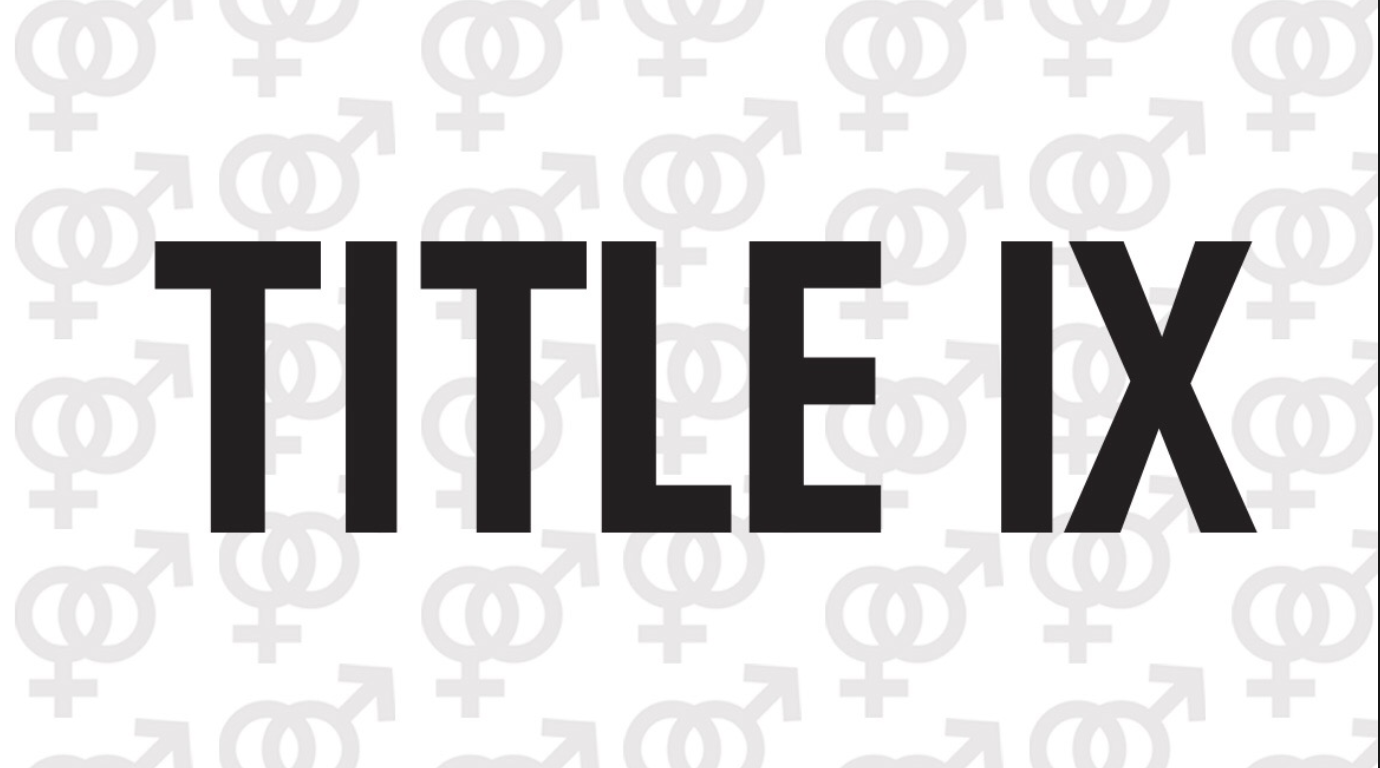The U.S. Department of Education is publishing a new set of Title IX regulations, available for public comment and review, which will change the way universities address claims of sexual discrimination and harassment.
The proposed regulations would clarify previous sexual harassment regulatory requirements, assisting and protecting victims of sexual discrimination and ensuring due process protections are in place for individuals accused of sexual harassment.
According to Oklahoma Christian University Title IX Coordinator Tamie Willis, the current Title IX offices have been operating under flexible guidelines sometimes left up to interpretation by individual universities. Willis said if the new regulations are passed, these guidelines will become federal regulations with strengthened standards and protocols.
“Over the last few years, we’ve been under the guidance of letters from the Office of Civil Rights and Education,” Willis said. “Now it’s an official regulation, so these will not be sub-regulations and colleague letters—these will be federal regulations. This is a defining point and lets universities know these are actual regulations rather than just letters.”
Among the prospective regulations is a change to the Title IX standard definition of sexual harassment. If approved, Title IX offices would recognize the Clery Act’s definition, which characterizes sexual harassment as “unwelcome conduct on the basis of sex that is so severe, pervasive and objectively offensive that it effectively denies a person equal access to the recipient’s education program or activity.”
Additionally, the proposed changes seek to ensure complete impartiality for both the complainant and respondent by increasing the number of investigators required to document reported evidence. However, Willis said Oklahoma Christian has already been practicing this standard since she first started the job.
“In terms of our university, some of the proposals are things that we’ve already been doing just because it made more sense and was more equitable,” Willis said. “For a formal investigation, we’ve always had more than one investigator—that’s just been standard procedure since I began. Our investigators do not determine whether a policy has been violated. Investigators gather facts and knowledge and they document all of that with interviews and whatever documentation that has been supplied by the complainant and the respondent. If it’s a completely formal investigation, then it goes to a sexual misconduct hearing panel.”
The Department of Education is also hoping to reframe Title IX protocols to provide equitable protections for individuals accused of sexual harassment or discrimination by requiring a written notice containing all details of the filed complaint, including the complainant’s identity and a written assumption of the respondent’s innocence.
“With the previous rules, it felt like everything was on the side of the complainant and the recipient didn’t have much control at all,” Willis said. “They didn’t even need to be told who made the complaint. You could be accused of something and not even know who it was. I think this is looking at the situation with two people and deciding what is fair and equitable for both parties.”
Once officially published on the Federal Register, the public will have 60 days to comment on the proposed regulations. Willis said she encourages students at Oklahoma Christian to research and comment on the suggested changes to have their opinions heard.
“This gives people the opportunity to comment and state their feelings,” Willis said. “Whether you do it individually or as an organization, you’re at least putting in your two cents that they are required to look at, and I would encourage that.”
Despite potential changes to Title IX regulations soon, Willis said she assures Oklahoma Christian will remain committed to its students’ safety and wellbeing.
“There’s Title IX, and then there’s ethical behavior and support for the students on this campus,” Willis said. “So, even if it’s not officially Title IX, those things still need to be addressed. That is part of us being who we are as a community and the safety of our students. What we want for our university is a place where students feel comfortable to talk about concerns that they have and help them get addressed in some way. If that’s not through a Title IX office, then we would want to help them in some way. That’s part of who we are as a Christian community.”













Be First to Comment